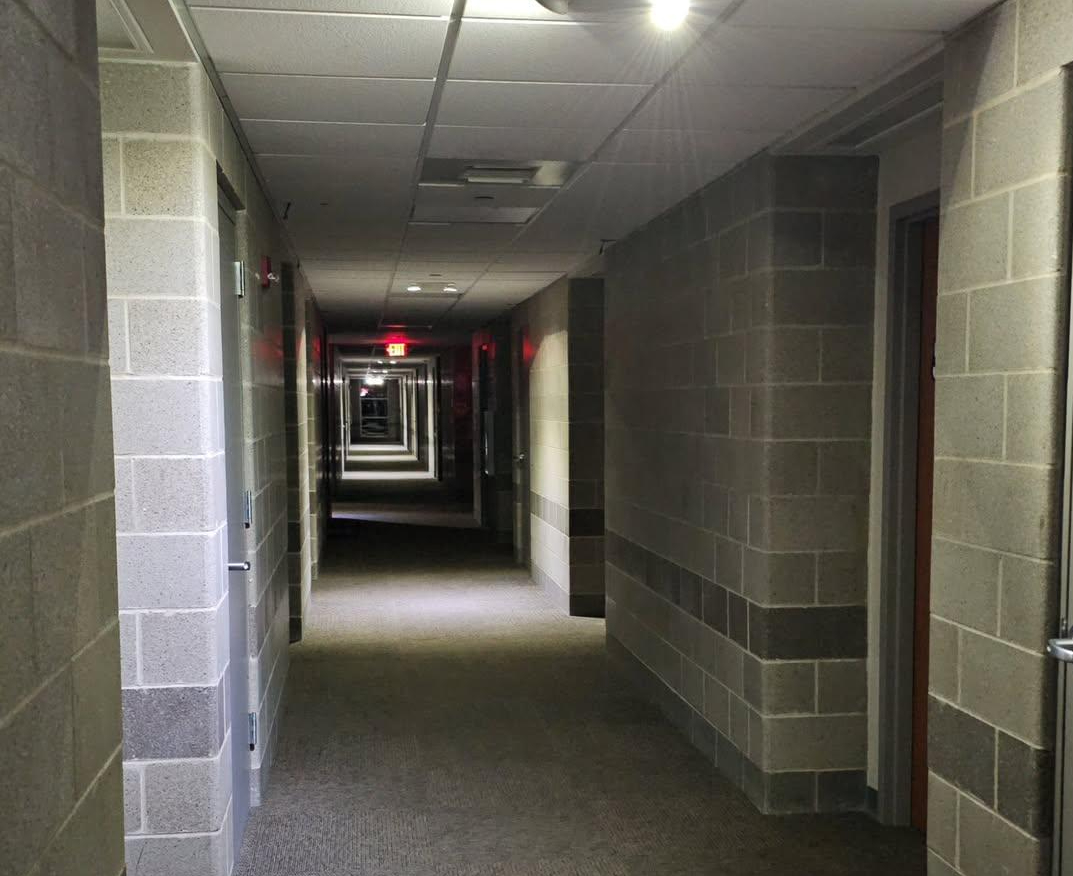Killian Walsh |Staff Reporter
Posted March 18, 2014; 2:35 p.m.
Published Legacy March 18, 2014
LU’s student government holds weekly meetings that are open to the entire student body. Every semester, new bills are proposed, and they are subject to careful review before approval.
Junior Michelle McClendon commutes and thinks there should be some sort of option for weekly meals.
One bill that was proposed at the end of last year was in regards to a commuter meal plan. This bill would create a separate meal plan available to commuters. “I think tuition should include some kind of smaller meal plan. Even if it was just like one meal a day during weekdays or something like that,” McClendon said.“Because while campus food isn’t that bad, if I have to pay I’d rather pay somewhere else.”
Currently, there is only one meal plan available to students; it is not available to commuters and is set at 19 meals per week.Senior Dani Merz said she is only on campus once a week but is still considered a resident so she has to pay for the meal plan.“I wish there was a way to opt out of the meal plan; I literally haven’t eaten on campus once this semester,” Merz said.
LSGA speaker, Mary Bourdreau, said the commuter meal plan is still pending further action from President Evans.
“The commuter meal plan bill was brought to President Evans on Dec. 7 of last year. He really liked the idea and has approved of it,” Bourdreau said. “But, whenever President Evans approves a bill, it goes into his hands and that’s what happened.”
Bourdreau and the rest of LSGA are still awaiting feedback on the bill. “We have no control over it nor do we have any idea of the bill’s current status,” Bourdreau said.
Senior Michael Sprague said he wishes he would have had the option to eat on campus like resident students.
“There should at least be an option to get one. The two times I ate there it was kind of a hassle to pay with a card and holding up the line,” Sprague said.
Evans said he takes a lot of different factors into account before a bill is passed. “I always consult with the involved or affected faculty, staff, and administration offices to obtain their input and recommendations on the bills,” said Evans. “Those offices might then have to seek more information or input from additional parties in order to develop a recommendation,” he said.
The bill is then looked over by various parties to determine whether or not it would benefit the university in the best possible way. Evans said there are two main criteria for a bill to be approved.
“A: If the proposed change makes sense in terms of our mission, budget and best practices in higher education and B: whether the proposed change can be effected on this campus in a way that will improve our students’ college experience.”
Approval of a bill can take anywhere from a week to a year, depending on the effect the bill would have on campus or the amount of work will go into implementing the bill.
When asked about when commuter meal plan would take effect, Evans didn’t have a definite answer. “We have a committee dedicated to working out a plan to implement a commuter meal plan option, and we expect the option to be in place by this fall,” Evans said.














